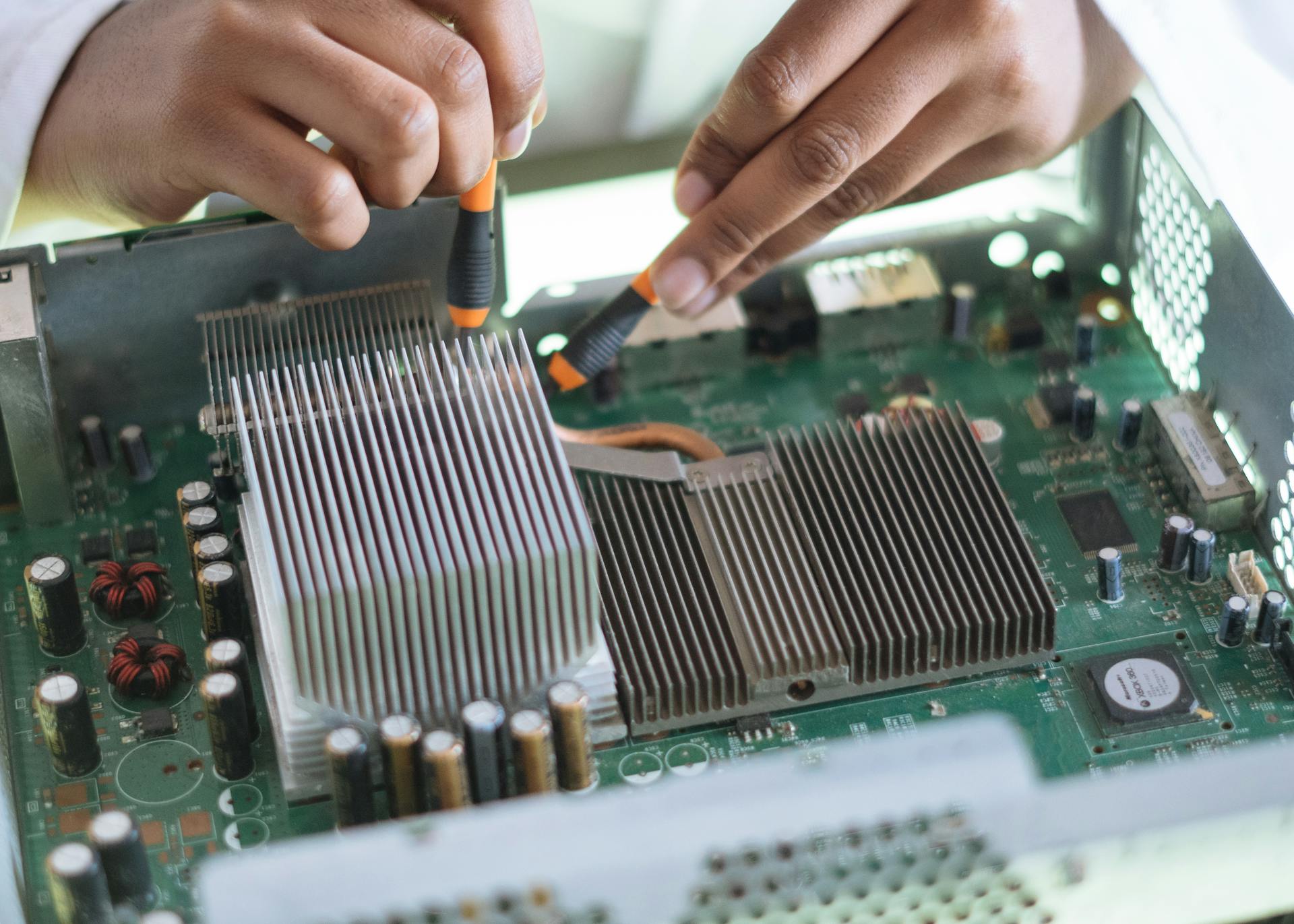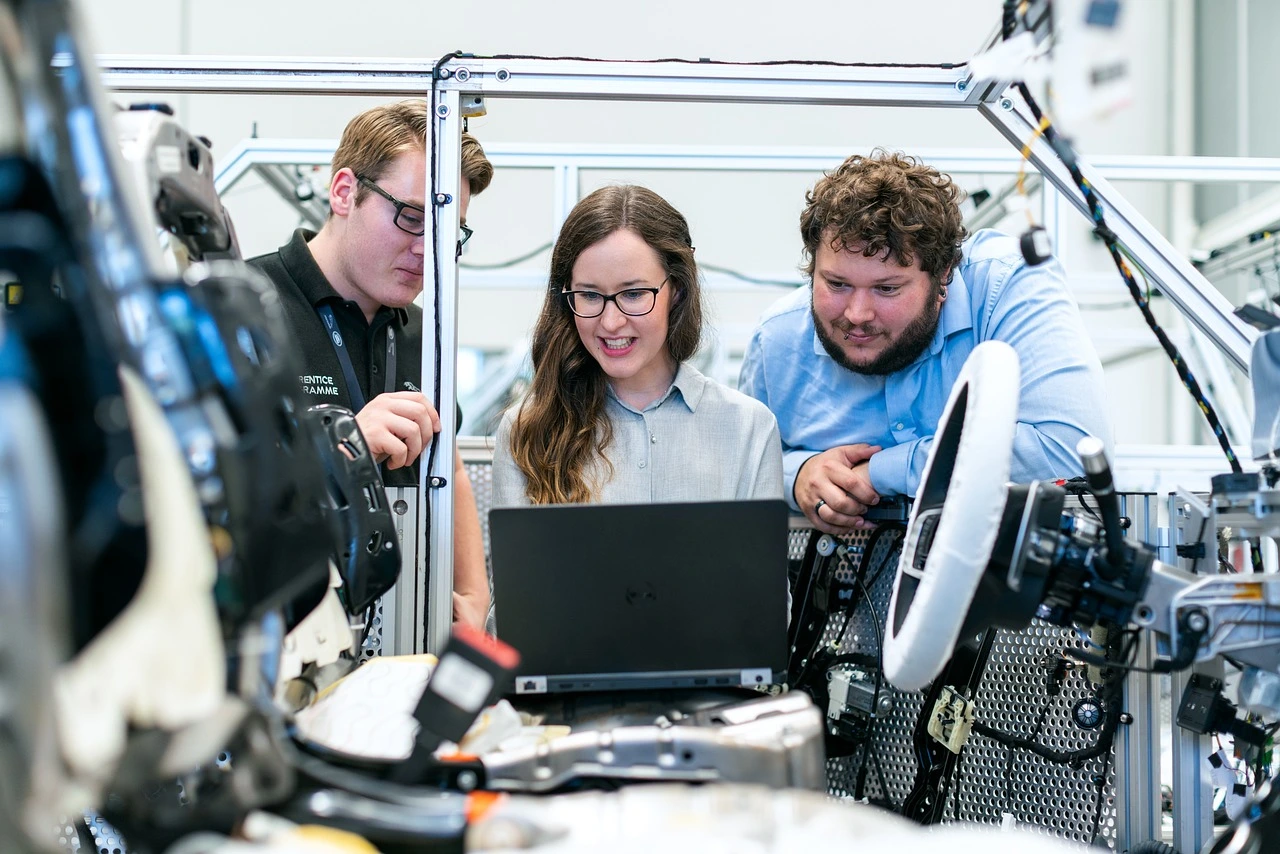Introduction
Computers being an indispensable part of our daily lives have been making a significant environmental impact when it comes to manufacturing them.
As many as energy and materials are necessary for the production of a single computer, which is an energy-intensive process. Realizing the meaning of computer manufacture’s environmental impact is critical for fostering sustainability.
The computer production process offers insight.
Computer manufacturing embodies different phases, which begins with the raw material extraction and ends with the assembly of computers at factories.
Both energy and materials efficiency during production should be important factors that would allow to reduce environmental impact and save resources used for the benefit of future generations.
Computers manufacturing activity, pollutants, resource consumption, among many other environmental issues.
Electrical Power Consumption at the Computer Manufacturing Process
The exhaustive resource allocation for building computer components leads to dire global depletion of natural resources. Electricity use in the factory. Factories at the same time should have an enormous electrical requirement in order to run all electronic devices and devices used in the production process.

Movement of raw materials and components, such as an oil spill, to the place of production leads to loss of fuel and thereby, contributes to carbon footprint.
It requires a large number of energy units to produce elements that are utilized in systems like microchips, circuit boards, and displays. The computers contain a range of material with individual related environmental results.
Material Consumption and Ecological Consequences
The mining and processing of metals for computers manufacturing working at a landscape level may cause land degradation and destructions of habitats.
In this day and age, plastics and polymers have become part and parcel of the computer and other electronic elements thereby contributing greatly to the ever-increasing problem of plastic pollution.
Raw material scarce elements like rare earth elements and also other special substances is very essential for making certain computer components but they are mostly unsustainably sourced. Numerous Social Impacts of Producing Computers
The environmental degradation from the process of computer production extends to other areas such as energy and material use beyond these two factors. Not only the mining of raw material for computer manufacturing would cause soil degradation, deforestation and other ecosystem problems but also impact negatively on nearby communities through water pollution and loss of life support system.
It is really a complex matter to do the right treatment of waste in the case of computers, because many things inside cannot be just recycled.
Sustainable Practices in Computer manufacturing industry
Sustainable performance is vital for reducing the environmental consequences of processor manufacturing. Energy-efficient manufacturing procedure reduces CO2 emissions resulting in sustainable producing of computers.

Not only using recycled materials but also reused components while manufacturing computers/laptops helps reduce natural resources consumption and garbage waste. Green supply chain practices allow companies to design eco-friendly production of computers, which reduces the negative environmental impact on this manufacturing processes.
Conclusion
Electronics consume a lot of energy and raw materials rather than production of just a single computer, and a range of outcome such as pollution and resource depletion occur as a result. Having knowledge of the production effect of a computer is significant as it can lead to practicing sustainable approach and the reduction of technology sector’s environmental footprint.
